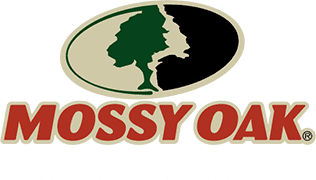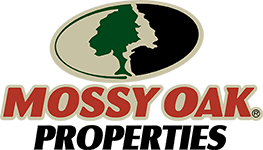A lot of different factors go into buying land, but none may be more important than the type of financing you choose. After all, finding the perfect slice of land to invest in is one thing, but unless you have the right funding to turn your dream into a reality, all of your strategies will be for nothing.
Three paths to take
There are generally three types of land financing you’ll want to choose from: a conventional bank, a land bank and owner finance.
Jeramy Stephens of Mossy Oak Properties of Stuttgart in Stuttgart, Arkansas said the biggest differences between these different types can be boiled down to four components: down payment, terms, rates, and appraisals and fees.
For instance, conventional banks will usually finance with 10 to 20 percent down on the purchase price of the land with terms of up to five years and an amortization of up to 30 years. As far as rates go, conventional bank rates will reflect the current market, meaning you could face major changes if you decide to refinance. They will also require an appraisal of the land before purchase and charge origination fees for your loan.
Land banks are similar, but in some ways more demanding. Land banks and institutional agriculture lenders typically require 30 to 35 percent down payment on the purchase price. However, they often also have the best terms, including options of up to 30 years for fixed loans. This is in addition to various options for variable and fixed rates. At the same time, just as with conventional banks, they will require an appraisal and charge origination fees.
Owner finance is more off the beaten path. This choice offers down payments that can sometimes go as low as 5 percent. However, owner finance also typically comes with shorter terms, between three and five years, with a longer amortization period. On the bright side, this option can provide lower rates than the current market due to low interest rates in CDs and money markets. Plus, owner finance does not require any appraisal or feature origination fees.
While some options may seem obviously better than others, choosing which one is right for you depends on your specific circumstances.
“If you do not have large down payment funds available, then it is generally best to try and purchase through an owner finance,” Stephens said. “If you have a large down payment available and want to finance long term at a rate that works in your repayment plan, then the land banks are definitely the best option.”
However, your credit score will also play a role.
“The land banks and large institutional lenders generally have customers with strong credit and good credit history,” Stephens continued. “Conventional banks generally do not have the same stringent credit requirements and owner finance transactions have even less.”
In short, while one option may seem better, it comes down to a combination of your current financial standing and your future plans. Having money for a large down payment, being able to pay off your loan in a set amount of time, your credit history – all these and more will play a role in which land financing option suits you best.
Working through the process
Selecting a land financing method is only half the battle. Once you’re on track to obtain financing, you must carry out the process, which can often be be more sluggish than you’d like.
“Don’t get frustrated; it generally is a slow process,” Stephens advised. “You start with a contract, then apply for financing which requires lots of information from the borrower, an appraisal which might take 30-plus days, sometimes a survey which can take 30-plus days and title work to ensure a clear title. It generally takes all of these items for a land deal to take place.”
It’s also important to be aware of the extra costs that come with investing in land in addition to the purchase price.
“There are fees and services that are required in most land purchases above and beyond the cost of the land,” Stephens continued. “Work with a good lender whether it’s a conventional bank or a land bank that knows land and land transactions. There is nothing worse than dealing with a financial institution that does not understand the land business and your financing goals.”
Besides working with a lender who understands land financing, it can also be incredibly helpful to work with a land specialist who can apprise you of your obligations and walk you through the process. An experienced land broker will be able to tell you what you need and why, making it easier to focus on the important aspects of the financing process instead of getting bogged down in confusing details or becoming overwhelmed by the numerous procedures.
Whether you’re purchasing farm land, hunting land or simply looking to invest in rural land for the future, be sure to think carefully on the financing you choose and work with professionals who can assist you every step of the way.


